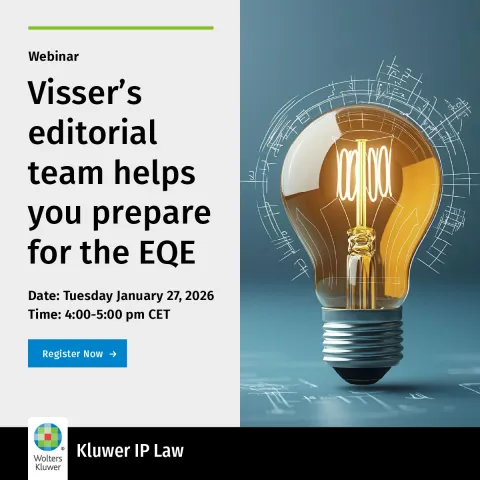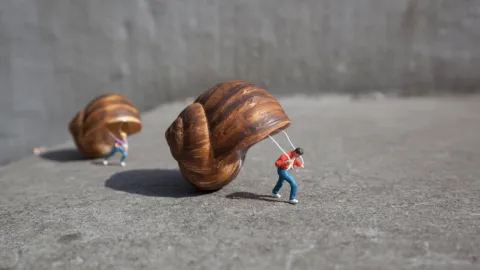SUEPO report 2022: EPO management keeps ignoring staff in major reforms
November 10, 2023
The political environment at the EPO remains bumpy. Though some progress is made in relatively minor adjustments of the working conditions, the SUEPO trade union and staff committees remain largely ignored in major reforms.
SUEPO writes this in its Annual Report 2022, which was published this week: ‘Numerous meetings take place between staff representatives and the administration. They are often organized by the EPO with little time given to staff representatives for preparation and documents submitted by the administration at the last minute. The actual decision makers are usually absent from these discussions. (…) The consultation is therefore only pro-forma.’
The trade considers the Education and the Childcare Reform, which ‘was pushed through in the middle of the pandemic’ despite a ‘unanimous negative stance from the staff committees of all sites’, as a ‘token example of the manner in which our administration acts in very dogmatic ways.’
‘Similarly, (…) the EPO decided against following the unanimous positive opinions of the appeals committee regarding the NPS/SSP [New Pension System, Salary Savings Plan, ed.] (…). Both cases therefore need to proceed to another lengthy battle in front of ILOAT [ILO Administrative Tribunal].’
In its report, the SUEPO criticizes the ‘recent “capacity rush” where managers have been looking to increase available capacity by all means (…). The optimism of M&W [Mercer & Wyman financial study, ed.] in terms of productivity gains shows an extraordinary faith in the potential of AI and/or a disregard for the consequences on the health of staff and reduction in patent quality of further increasing work pressure.’
There is disappointment about Judgment 4711 of the ILOAT, which ‘missed the point on the arbitrariness, production-focused winner-take-all consequences’ of the EOP’s new career system (NCS). ‘In effect, the ILO accepted the minimal “pro forma” consultation process as ‘good to go’. (…) With the NCS now in place for nearly a decade, we observe year after year the demotivating effects it has on a large but mostly silent majority of staff. We can also observe the detrimental effect the career system has had on the legal certainty of granted patents, with external stakeholders being increasingly vocal about decreasing patent quality.’
This remark seems to refer, among others, to the Industry Patent Quality Charter (IPQC), a group representing a series of major and smaller international corporations, which has been criticizing the EPO for its perceived lack of attention for the deteriorating patent quality.
The report also points out that despite ILOAT Judgment 4551 of July 2022, the staff representation and SUEPO continue to be without access to mass e-mails. In the meantime, a new SUEPO app has been introduced to modernize communication to SUEPO members and EPO staff.
You may also like















law sniffer
education, childcare, pension, career, etc. these are the huge problems that grip EPO workforce and endangeour their health: honestly, I dont see how this has to do with a blog on patent law, but if so I can start enumerating the real issues that affect the employee's condition ouside of the EPO bubble ... however, I am of the opinion that neither both should be used to justify or explain a professional behaviour, and just a recommendation: eternally mentioning a contraposition between management and staff sounds only as a pretext and an excuse and does knowingly not help staff and employers, in first place because it disengages staff and makes them an enemy of their workplace and this can only lead to a desaster